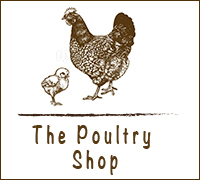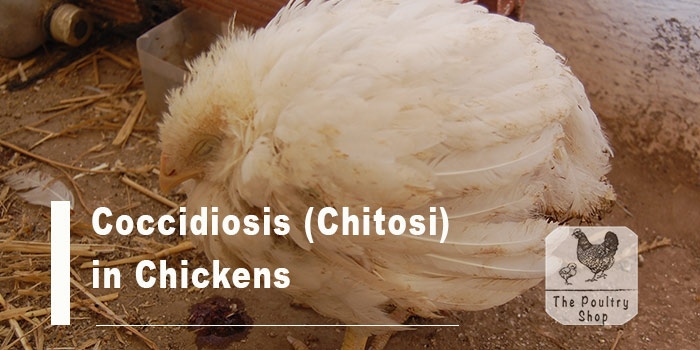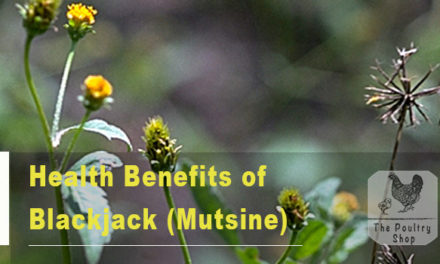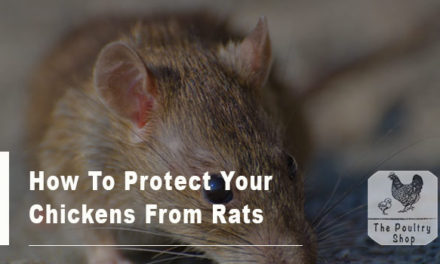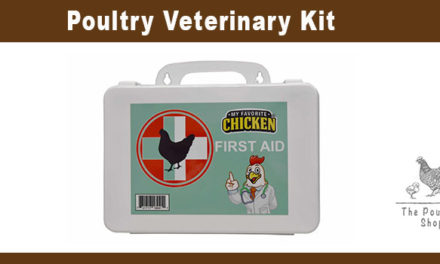Coccidiosis is one of the most common disease that affects chickens, mainly the intestines. The disease is very infectious and can affect the rest of the flock fairly quickly.
What causes Coccidiosis?
- Protozoan called Eimeria (coccidia).
- Wet litter and the hot temperatures especially during the rainy season provide good breeding ground for coccidiosis to arise.
How to Recognise Coccidiosis in Chickens
- Blood in chicken poop. Coccidiosis usually affects the bird’s intestines causing some bleeding characterised by orange to red colour in the droppings which may also be frothy and contain mucous.
- The bird will be less active and often goes off on their own and appears hunched up with ruffled feathers.
- Lack of appetite (decreased feed and water intake).
- Decreased growth rate.
- Weight loss.
- Visibly sick birds.
- Severe diarrhoea.
- High mortality.
- Decreased egg production.
- Usually occurs in chickens between 1-4 months of age. Chicks under 1 week cannot have coccidiosis.
How to Prevent Coccidiosis in Chickens
- Basic hygiene is your first step for prevention.
- Follow the vaccination schedule religiously.
- It is good to ensure that the poultry house is generally clean and dry.
- Construct a generous roof overhang over the entrance and sides of pens to prevent rainwater from getting into the pen whenever it rains.
- Ensure water is clean and fresh.
- Keep feeding areas clean and dry.
- Rotate area where chickens are kept.
- Ensure the birds have enough space i.e. overcrowding should be prevented as it is a predisposing factor for coccidiosis. On average, work with 8 birds per square metre.
- If your chicks have not been vaccinated against coccidiosis, provide medicated starter feed for them.
- Anticoccidial medication should be given to the chicks at around 12 days of age (this might vary depending on the vaccination schedule being followed).
- An all-in all-out method should be employed on the farm in order to prevent a horizontal transfer of infection. If this method is not feasible, keep the new batch quarantined for a minimum of two weeks, for the protection of the current stock.
- Practice proper biosecurity. For instance, construct a foot dip at the entrances of the fowl runs and a strong disinfectant solution should be in the foot dip always. Minimise outside visitors to the poultry house.
How to Treat Coccidiosis in Chickens
- Once coccidiosis is diagnosed in a flock, all the birds need to be treated with a direct dose of Kips and Chickboost.
- The litter needs to be changed so that birds do not pick up the disease again from the droppings of affected birds.
- Use sulphur-based drugs such as Sulfacox, Esb3, Amprolium, Coxoid, Toltrazuril, Sulfaquinoxaline and Bremamed.
- Natural herbs can also do the trick. You can crush aloe vera (gavakava), mutiti bark or even chillies (mhiripiri) and put in drinking water.
Disclaimer: Information in this article does not substitute advice from your local veterinarian. Whilst great effort is taken to ensure accuracy of information in this article, no responsibility can be accepted for any loss or injury incurred due to error or omission.
Did you find this article helpful? Leave a comment below or subscribe to my free Email Newsletter and also like The Poultry Shop Facebook page. Thanks!
